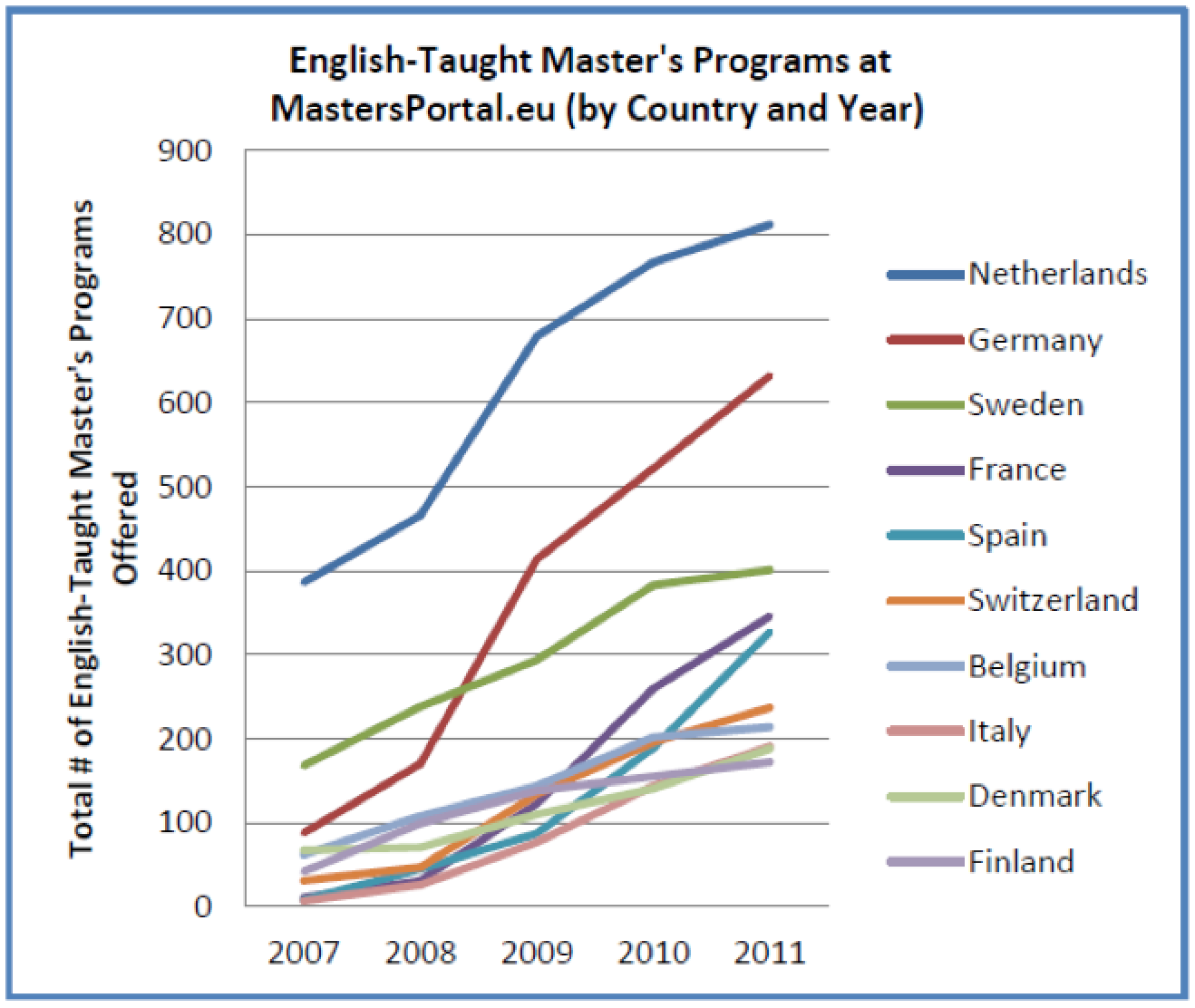The 20th of February marks the annual United Nations World Day of Social Justice. This year, however, it also marks the One Day Without Us National Protest; a day of action which invites migrants in the UK to absent themselves from the activities they normally engage in, and aims to celebrate their contributions and counter their vilification and stigmatisation. Michiel van Ingen argues that this initiative should be widely supported, especially by higher education staff and students, and contends that the future of higher education in the UK is at stake.
The claim that political developments in 2016 – especially the Brexit vote, Donald Trump’s election, and the rise of populist extremist parties – amount to a radical break with previous (liberal-democratic) trends has been repeated to the point of monotony over the last few months. Indeed, this claim, rehearsed in countless current affairs programmes, newspaper articles, and blog posts, currently qualifies as an almost universally-accepted truth within the UK’s ‘chattering classes’.
Looked at from the perspective of migration issues, however, this new ‘common sense’ provides us with a very limited understanding of our current political circumstances. This is the case because – from such a perspective – recent developments are more accurately described as a radicalization and extension of patterns of belief and behaviour that have a much longer history. After all, xenophobia, racism, and identitarian forms of nationalism aren’t exactly new features of UK political life. Indeed, these phenomena have long had extremely detrimental effects on the lives (and deaths) of various ’racial’ and/or ’ethnic’ minority groups.
What does make recent political developments distinctive, however, is both their increasingly radical/assertive nature and their extension of older forms of ‘deliberate hostility’ from (largely non-white) immigrant populations to (largely white) EU immigrant populations/citizens. Indeed, while the UK has of course not lacked its fair share of anti-racist/anti-xenophobia initiatives in the past, it is perhaps this extension of deliberate hostility to EU populations/citizens which best explains the increasing popularity of initiatives such as the One Day Without Us National Protest.
The fact that this is the case is, of course, a matter which requires serious reflection on the part of anyone – including the current author – who aims to practice a systematic form of anti-racist/anti-xenophobic politics. My intention in highlighting this is not, however, to chastise the organizers and supporters of the One Day Without Us National Protest for any potential political inconsistencies. Rather, it is to highlight the fact that, as a result of recent political developments, there now exist very significant opportunities to engage in various types of mutual learning and bridge-building between old and new forms of anti-racist/anti-xenophobia campaigning.
In fact, shifting our attention towards the specific issue with which this blog is concerned, there now exist very significant opportunities to engage in forms of collective action which cut across the increasingly acrimonious Brexit divide as well. Whether relatives and/or friends have recently accused you (dear reader) of being an ‘anti-democratic remoaner’ or a ‘little England quitling’, after all, it should surely be possible for us acknowledge the fact that a commitment to (anti-)racism and/or (anti-)xenophobia cannot be neatly mapped onto the Brexit divide.
Whether we are a dyed-in-the-wool activist or new kids on the block, Leavers or Remainers, the descendants of migrants or non-migrants, British passport-holders or citizens of another state, lifelong Labour supporters or committed Conservatives/Liberal Democrats/Green Party members, there is therefore a very strong case to be made for participating in the One Day Without Us National Protest. The sole demand that is made on us, after all, is that we share an opposition to the racist and xenophobic forces which now cast a shadow over our collective future.
One Day Without Us: The Role of Higher Education Staff and Students
If recent political events facilitate the building of new anti-racist/anti-xenophobic coalitions, however, higher education staff and students should be able to play a particularly significant role in advancing this aim. This is the case because, rather than relying solely on good will or solidarity, higher education staff and students might well be able to tap into the narrow self-interest of the higher education sector as well.
As recent data by the Higher Education Statistics Agency (HESA) has shown, for instance, nearly a fifth (19%) of all higher education students in the UK are either from other EU countries (5%) or from countries outside of the EU (14%). While different universities are likely to be affected by this to varying degrees because of their differing ratios of foreign to domestic students it is, therefore, clear that any kind of deliberate hostility towards migrants is likely to have extremely negative financial consequences for UK higher education institutions. Indeed, these financial consequences are already starting to become apparent in some areas of the country, and – in the longer term –are likely to be much more significant than an exclusive focus on student numbers would lead us to believe. While non-EU citizens make up ‘only’ 14% of the UK’s student population, after all, these students contribute to university coffers in a disproportionate manner by paying tuition fees that are commonly at least double of what is paid by home/EU students.
Indeed, because tuition fees in the UK are already much higher than tuition fees throughout continental Europe and there has been a veritable explosion in the number of English-language degree programmes offered by universities in this region throughout recent years, the future of higher education in the UK is arguably looking increasingly precarious.
While this is clearly of significant importance for international students and the universities that seek to recruit them, however, the importance of migration issues for the future of higher education in the UK is perhaps most clearly illustrated by drawing attention to the issue of foreign staff. In a recent contribution to this blog Colin Talbot provides an overview of this issue which is worth quoting at some length here. Talbot shows that:
UK universities are heavily dependent on academics from the EU. To cater for our global audience we need to attract the brightest and best and Europe is, unsurprisingly, a major source for such talent. Over 31,000 UK university academics come from the EU – sixteen percent of the total […] But this national figure underestimates just how important EU academics are to our top-rated universities. The London School of Economics has 38% EU academic staff. Other prominent London colleges – Imperial, King’s, University College London – have between a quarter and nearly a third. Oxford has 24% and Cambridge 22%. My own university, Manchester has 18% and most of the Russell Group of ‘research universities’ are in the top ranks of EU academic staff employers. EU academics are equally important in the core subject areas that are vital to our long-term economic health. So areas like physics (26%), chemical engineering (25%), biosciences (22%), chemistry (21%) and IT (20%) are all heavily reliant on European talent.
If this passage appears to paint a gloomy picture of the future of UK higher education, however, it is worth stressing that a wider angle on the issue of foreign staff provides a gloomier picture still. This is the case, in short, because Talbot’s blog post focuses exclusively on the importance of EU members of staff, and therefore inevitably doesn’t take into account either doctoral students or non-EU staff members. As recent data by the Royal Society has shown, however, no less than 28% of staff members and a whopping 50% of doctoral students are citizens of states other than the UK.
The future of higher education in the UK is, therefore, to a very significant degree, being held hostage by various racist/xenophobic forces. We cannot accept this situation. Not only can higher education institutions (literally) not afford it, the already-abysmal ‘racial’ or ‘ethnic’ make-up of academic staff in the UK is likely to deteriorate even further as well. It is therefore high time that, both as human beings and as higher education staff and students, we begin to develop the broad coalitions that are required in order to counter such racist/xenophobic forces.
An excellent way of doing so is, of course, by getting involved in the One Day Without Us National Protest. This means, first of all, that we should absent ourselves from the activities in which we normally engage. Indeed, more specifically, it means that – on Monday the 20th of February – we should close our businesses, skip our classes, or take the day off work, thereby demonstrating (by means of our absence) how valuable our contribution to British society is. And, if we aren’t in a position to do this, let us demonstrate or march during our lunch hour, let us hold parties or meetings. Whatever we choose to do, however, let us remind the UK of our valuable presence.
Find Out More:
Website: www.1DayWithoutUs.org
Twitter: @1DayWithoutUs
Facebook: One Day Without Us: UK National Protest, One Day Without Us: Higher Education Staff and Students, and many more local groups.
Dr Michiel van Ingen is a Graduate Teaching Assistant at the London School of Economics and Political Science. Before this he worked as a visiting lecturer at the University of Westminster, and the University of Cambridge.
This article represents the views of the author and not those of the Brexit blog, nor the LSE. Image by @1daywithoutus.











It is amongst the chattering classes, of which the articles author appears to be one, that pejorative smears such as xenophobic and racist are bandied about to the point of hysteria to justify nonsense such as this “one day without us” “initiative”. i.e.
“It is therefore high time that, both as human beings and as higher education staff and students, we begin to develop the broad coalitions that are required in order to counter such racist/xenophobic forces”
Apart from the handful of people who will join any cause which gives them a veneer of respectability whilst they take the day off to indulge in their favourite pastime of protesting, hopefully the majority of education staff and students will just get on with their jobs and studies.